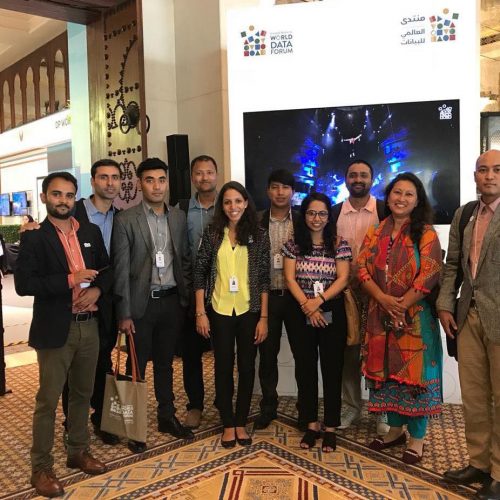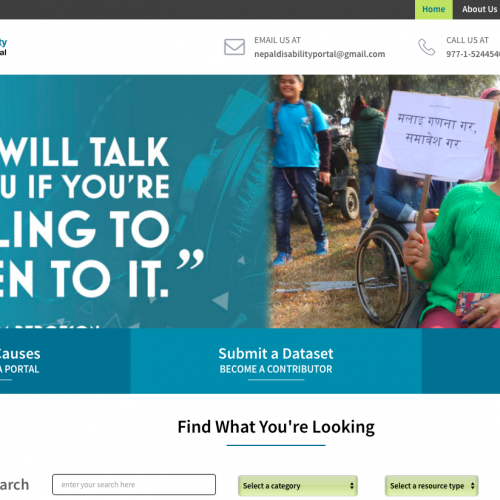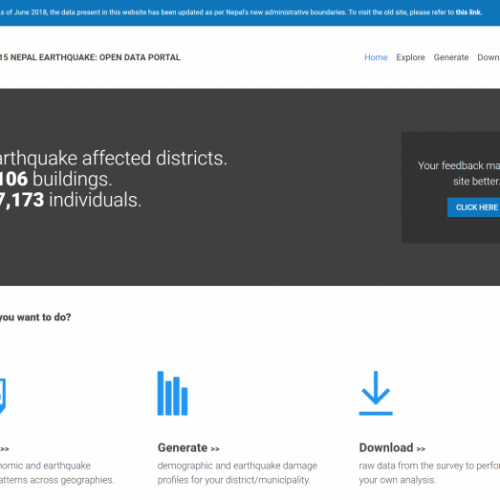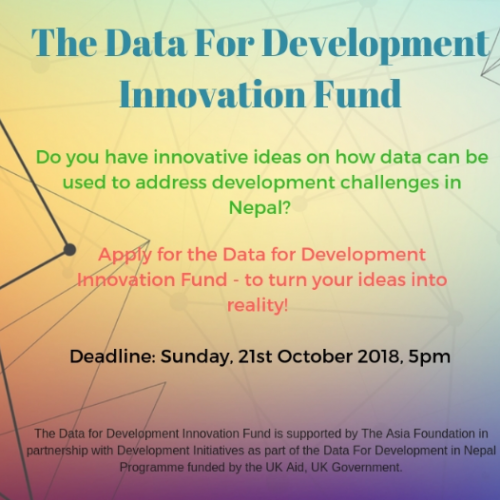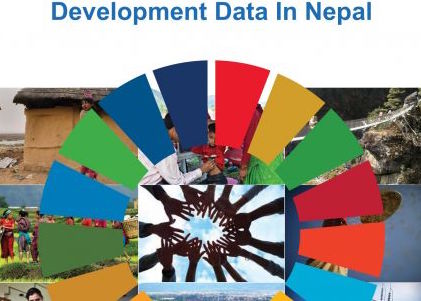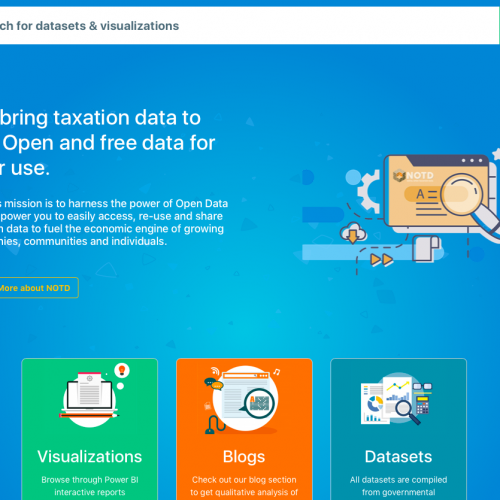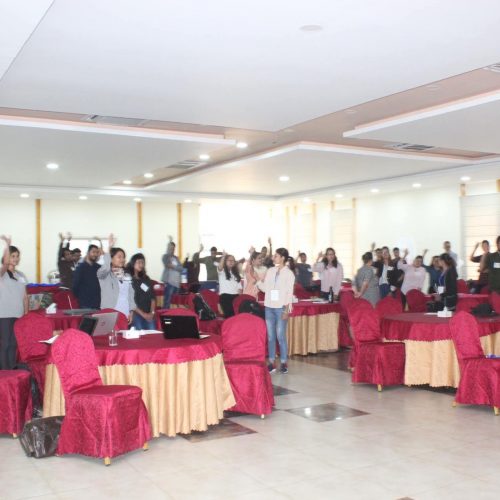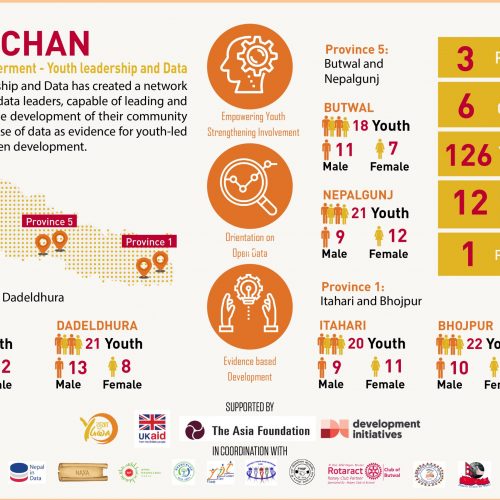January 17, 2019
At the core of the data-for-development conversation is the critical need for more and better data, especially disaggregated social and demographic data, to make and measure progress towards the Sustainable Development Goals and to understand who is being left behind.
December 1, 2018
To improve the availability and facilitate the use of disability data and research in Nepal, the D4D Program funded the National Federation of the Disabled - Nepal to develop a Disability Open Data and Information Portal.
October 12, 2018
The Constitution of Nepal adopted in 1990 guaranteed the right to information for the first time as a fundamental right to its citizens. However, still challenges remain in terms of accessing information and in particular, the underlying data.
October 3, 2018
Nepal conducted a massive household survey following the 2015 Gorkha earthquake. This data is now shared in a free, online portal alongside comprehensible maps, charts and tables.
September 20, 2018
Do you have innovative ideas on how data can be used to address development challenges in Nepal? Then apply for the 2018 Data for Development Innovation Fund!
September 3, 2018
To better understand the Nepal’s national statistical system and the availability of development data in Nepal for decision-making and monitoring development progress, the D4D Program supported Bikas Udhyami to conduct a development data audit.
September 1, 2018
To help improve fiscal transparency in Nepal, the D4D Program has supported LSP Associates to develop an Open Taxation Data Portal that collates and disseminates data on government tax revenues.
August 13, 2018
To strengthen evidence-use in efforts aimed at understanding and addressing Nepal’s air pollution, the D4D Program supported Clean Up Nepal and Air South Asia to conduct a 3-day workshop on open data for air quality.
June 25, 2018
To build the capacity of Nepal’s youth to understand the value, interact with data and lead the open data agenda, the D4D Program supported YUWA to conduct a series of youth leadership and data workshops around Nepal.

